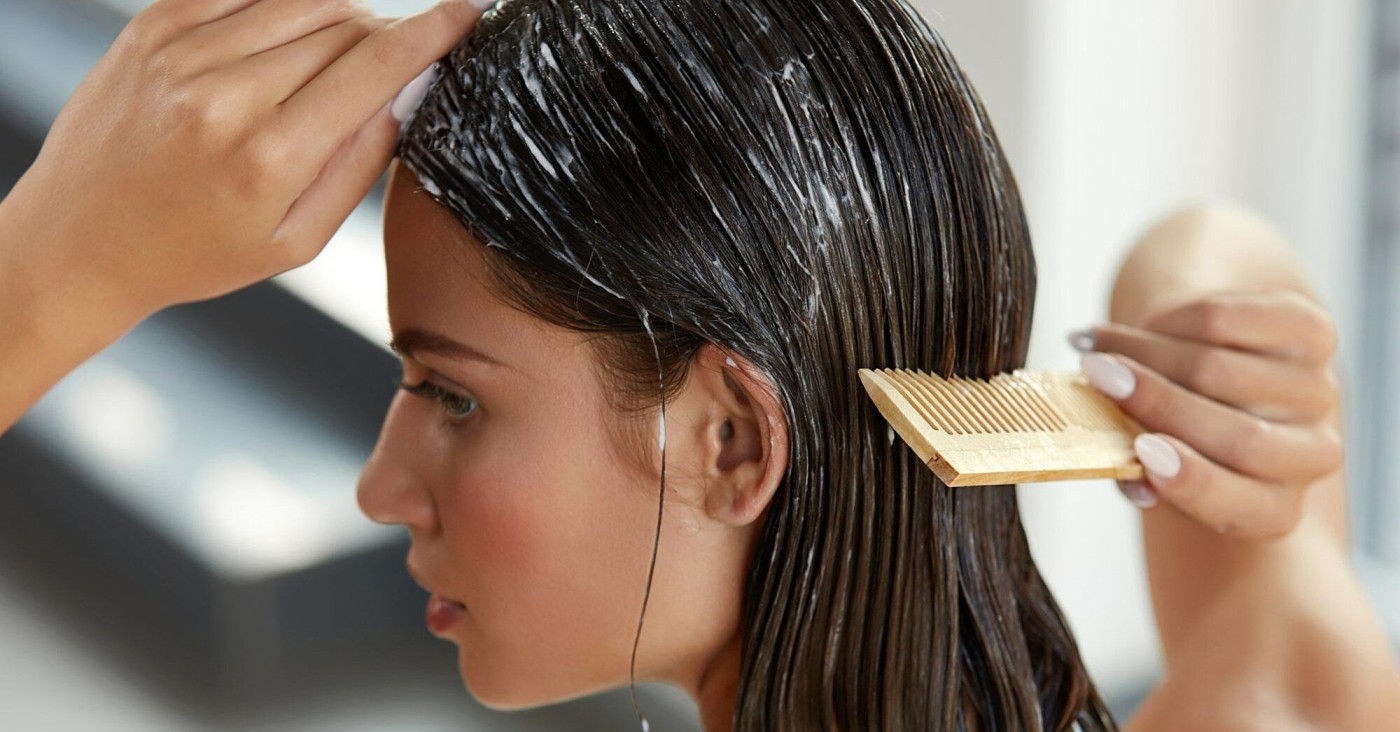
The Ultimate Guide to Haircare
Introduction
Your hair is your crowning glory, and maintaining it requires dedication and the right haircare routine. Whether you have curly, straight, thick, or fine hair, understanding your hair type and using the right products can make a world of difference. In this comprehensive guide, we will explore every aspect of haircare to help you achieve healthy, shiny, and beautiful hair.
Understanding Hair Types
Before choosing a haircare routine, it is essential to understand your hair type. Hair can be categorized into the following types:
- Straight Hair: Naturally smooth and shiny but may become greasy quickly.
- Wavy Hair: Falls between straight and curly hair, with a natural wave pattern.
- Curly Hair: Has a pronounced curl pattern, requiring extra moisture to prevent frizz.
- Coily Hair: Tightly curled or coiled hair that needs intense hydration.
Knowing your hair type helps you select the right shampoos, conditioners, and treatments for your hair’s unique needs.
Haircare Basics: Washing and Conditioning
Choosing the Right Shampoo
Your shampoo plays a crucial role in keeping your hair clean and healthy. When selecting a shampoo, consider:
- Moisturizing Shampoo for dry or curly hair.
- Clarifying Shampoo for removing product buildup.
- Volumizing Shampoo for fine hair.
- Sulfate-Free Shampoo for gentle cleansing.
How Often Should You Wash Your Hair?
Washing frequency depends on your hair type and lifestyle:
- Oily hair: Every 1-2 days.
- Normal hair: Every 2-3 days.
- Dry hair: Every 3-4 days.
- Curly/coily hair: Once a week or less to retain moisture.
The Importance of Conditioning
Conditioning replenishes lost moisture and prevents tangling. Some key points to remember:
- Use a rinse-out conditioner after every wash.
- Apply deep conditioning treatments once a week.
- Use leave-in conditioners for added hydration and protection.
Hair Treatments and Masks
Hair masks and treatments help repair damage and nourish your hair. Some beneficial treatments include:
- Protein Treatments: Strengthen weak, damaged hair.
- Moisturizing Masks: Hydrate dry or curly hair.
- Scalp Treatments: Reduce dandruff and promote healthy hair growth.
DIY hair masks can also be made using natural ingredients like coconut oil, aloe vera, honey, and avocado.
Heat Styling and Hair Protection
Using heat tools like flat irons, curling wands, and blow dryers can damage your hair over time. Here’s how to protect your hair:
- Always use a heat protectant spray before styling.
- Keep your heat tools at a moderate temperature.
- Limit heat styling to 2-3 times a week.
- Opt for heatless styling methods like braiding or rollers.
Haircare for Different Seasons
Summer Haircare
- Use UV-protecting sprays to shield hair from sun damage.
- Wash hair frequently to remove sweat and chlorine.
- Keep hair hydrated with deep conditioning treatments.
Winter Haircare
- Combat dryness with extra moisturizing products.
- Avoid frequent washing to retain natural oils.
- Wear a silk or satin scarf to prevent friction and breakage.
Common Hair Problems and Solutions
Dandruff and Itchy Scalp
- Use an anti-dandruff shampoo containing zinc pyrithione or tea tree oil.
- Keep your scalp hydrated with natural oils.
Hair Fall and Breakage
- Avoid tight hairstyles that stress your hair.
- Incorporate biotin and iron into your diet for stronger hair.
Frizz and Dryness
- Use sulfate-free shampoos and hydrating masks.
- Rinse hair with cold water to seal the cuticle.
Diet and Nutrition for Healthy Hair
Your diet plays a crucial role in hair health. Essential nutrients include:
- Protein: Found in eggs, fish, and lentils for hair strength.
- Iron: Helps prevent hair thinning; found in spinach and red meat.
- Omega-3 Fatty Acids: Found in salmon and flaxseeds for shine and elasticity.
- Vitamins A, C, D, and E: Promote healthy hair growth and scalp health.
Haircare Myths and Facts
Myth: Cutting Hair Makes It Grow Faster
Fact: Hair grows from the scalp, not the ends. Regular trims prevent split ends but do not speed up growth.
Myth: Shampooing Every Day is Necessary
Fact: Frequent washing can strip hair of natural oils, leading to dryness and damage.
Myth: Brushing Hair 100 Times a Day is Beneficial
Fact: Excessive brushing can lead to breakage. Instead, use a gentle detangling brush.
Conclusion
Proper haircare is a combination of using the right products, maintaining a balanced diet, and following a consistent routine. Whether you’re dealing with frizz, hair fall, or dryness, making small changes to your regimen can lead to healthier, more vibrant hair. Start today, and let your hair shine with confidence!